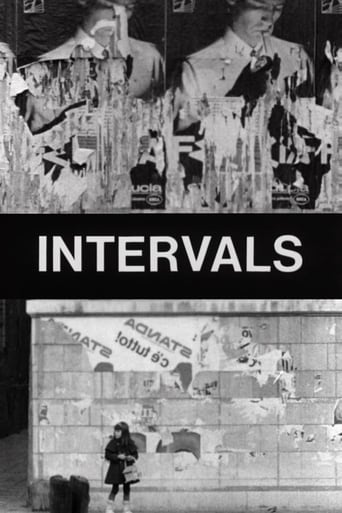Red-Barracuda
This is an example of one of the very earliest films made by avant-garde director Peter Greenaway. As you should fully expect, it's a highly experimental bit of work that is focused on film structure to a pretty specific level of mathematical precision. It takes the form of a series of static shots of Venice in a visual sequence which is repeated three times. Each loop is accompanied with a different soundtrack, beginning with a metronome, then with a voice-over and lastly adding some Vivaldi music. The latter composer was a famous native of Venice and one of its most significant cultural exports, however, the film itself is pretty far removed from being travelogue material. Shot in black and white, it actively avoids capturing anything conventionally pretty and instead records images of the back streets of this city. As a result, the material could have almost come from anywhere, far less one of the most iconic and famously beautiful cities in the world. I'm guessing that subverting expectations is part of what Greenaway is up to here. The film itself is very short, so it's hard getting too excited about its contents. It's essentially an exercise in experimenting with the rhythms of the image and sound of cinema. In other words, it's typically left-of-centre fare from this director once again.
smoothw
The same film footage is played four or five times with a different audio background each time. I liked it personally because it was a good example of how we react to film through both audio and visual cues, and as an example of how rythms can be imposed on anything. There's is also some amusing bits in there too. Not essential greenaway, but worth seeing if you can find it.
aaastruc
As if "L'Année dernière à Marienbad" has been made with holiday film rushes. Shot in Venezia by Greenaway with a bolex, never showing water, structured to give the feeling that viewer goes back and forth through different layers of time, this astonishing short film already has the main characteristic of early Greenaway's works : ironic clash between fiction and documentary.
